Wizards of the Coast has mashed together Magic: The Gathering and Dungeons & Dragons via the upcoming Adventures in the Forgotten Realms set, showcasing dungeons within MTG for the first time in history.
Releasing digitally on July 8 and globally on July 23, the Dungeons & Dragons: Adventures in the Forgotten Realms (AFR) set will contain a total of three dungeons players can navigate. Utilizing a new MTG mechanic call Venture, dungeons are a card type that operate similar to emblems. The Magic color White contains the most Venture effects, synergizing best with Blue and Black. Introduced by WotC during the first round of AFR spoilers, here’s a full breakdown of how dungeons work and what cards synergize with the new Magic mechanic.
How do dungeons work in AFR?
Dungeons are a card type that can’t be destroyed and are not an official card in either a player’s sideboard or main deck. Once in a dungeon, players can choose which room to enter via Venture—a Magic mechanic on AFR cards that states: “Enter the first room or advance to the next room.” Players advance through a dungeon one room at a time upon Venture getting activated on a card via a spell, an activated ability, or a triggered ability.
Players can travel through only one dungeon at a time and choose any of the three to enter. Upon completing a dungeon, players can return to the same one or choose another. A Venture marker keeps track of what room each player is in within a dungeon.
Upon entering a room, that room’s ability is triggered. This includes the first and last rooms of each dungeon. Players follow the arrows on the dungeon card, choosing which path they want to take. Upon reaching the final room and the room’s ability has resolved or left the stack, the dungeon card is removed from the game.
It’s possible that a player could Venture into a dungeon in response to a final room ability, according to WotC. When this happens, the controller completes the dungeon their in without waiting for the last room ability to leave the stack. They then start the next dungeon, with its first room ability resolving before the previous dungeon’s last room ability.
Dungeon cards are found within the token slot of an AFR booster pack. Limited players do not draft dungeons. The cards enter the battlefield into the command zone, and are technically in a player’s sideboard, despite not taking up space within the sideboard.
What are the MTG dungeons?
There are a total of three dungeons in AFR: Dungeon of the Mad Mage, Tomb of Annihilation, and Lost Mine of Phandelver. Each card features a different number of rooms and abilities within those rooms.
Dungeon of the Mad Mage
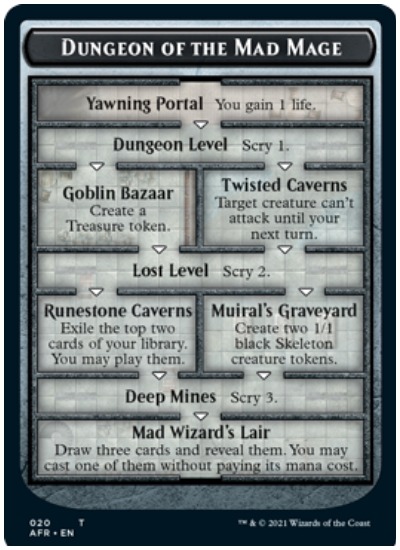
Dungeon of the Mad Mage contains the most rooms, nine rooms in total, and takes venturing through seven rooms to complete. Most likely ideal for stall and Control builds, the dungeon rooms offer abilities like Scry, gain one life, and playing exiled cards from that controller’s library.
- Yawning Portal: You gain one life
- Dungeon Level: Scry one
- Goblin Bazaar: Create a Treasure token
- Twisted Caverns: Target creature can’t attack until your next turn
- Lost Level: Scry two
- Runestone Caverns: Exile the top two cards of your library. You may play them
- Muiral’s Graveyard: Create two 1/1 Black Skeleton creature tokens
- Deep Mines: Scry three
- Mad Wizards Lair: Draw three cards and reveal them. You may cast one of them without paying its mana cost.
Lost Mine of Phandelver
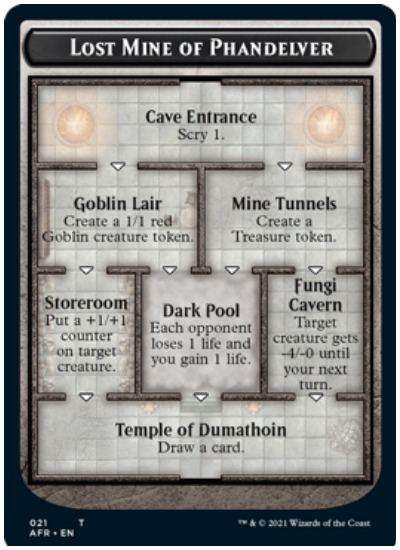
There are a total of seven rooms within Lost Mine of Phandelve. The dungeon supports a wide range of archetypes and is completed by adventuring through only four rooms.
- Cave Entrance: Scry one
- Goblin Lair: Create a 1/1 Red Goblin creature token
- Mine Tunnels: Create a Treasure token
- Storeroom: Put a +1/+1 counter on a target creature
- Dark Pool: Each opponent loses one life and you gain one life
- Fungi Cavern: Targe creature gets -4/-0 until your next turn
- Temple of Dumathoin: Draw a card
Tomb of Annihilation

Tomb of Annihilation is unique from the other two dungeons, in that bad things happen within it. Each dungeon room contains some form of downside that can affect the controller or all players, except Cradle of the Death God, the last room. Tomb of Annihilation has a total of five rooms that can get completed in either three or four rooms, depending on the chosen path.
- Trapped Entry: Each player loses one life
- Veils of Fear: Each player loses two lives unless they discard a card
- Sandfall Cell: Each player loses two life unless they sacrifice an artifact, a creature, or a land
- Oubliette: Discard a card and sacrifice an artifact, a creature, and a land
- Cradle of the Death God: Create The Atropal, a Legendary 4/4 Black God Horror creature token with Deathtouch.
What is Venture
Venture is a new mechanic in AFR that places a player in a dungeon and moves them through the various rooms. Cards with the Venture mechanic will state: “Enter the first room or advance to the next room.” A player will Venture into a dungeon when no dungeons are within the command zone on the battlefield. When a dungeon is removed from the game via the final room agility triggering, the dungeon has been completed.
There are two ways in which AFR cards synergize with Venture. Some cards, like Dungeon Crawler, provide players with an ability when its controller has completed a dungeon. Other cards, of various rarities, activate the Venture mechanic through either a spell, an activated ability, or a triggered ability.
Examples of AFR cards with the Venture mechanic
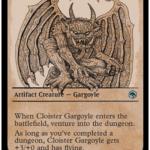
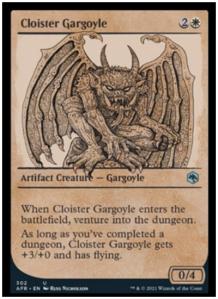
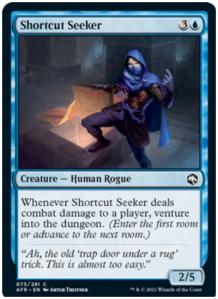
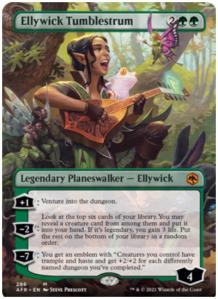
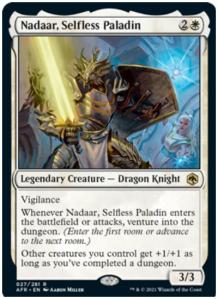
Examples of AFR cards with abilities that trigger upon completing a dungeon
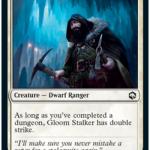
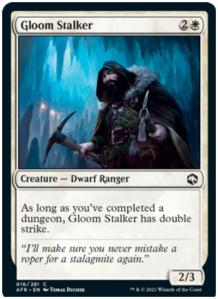
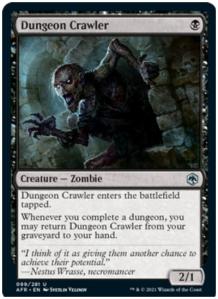
The new AFR set in Magic will release digitally on July 8. A global tabletop launch is scheduled to take place on July 23.
All images via Wizards of the Coast, Magic: The Gathering.


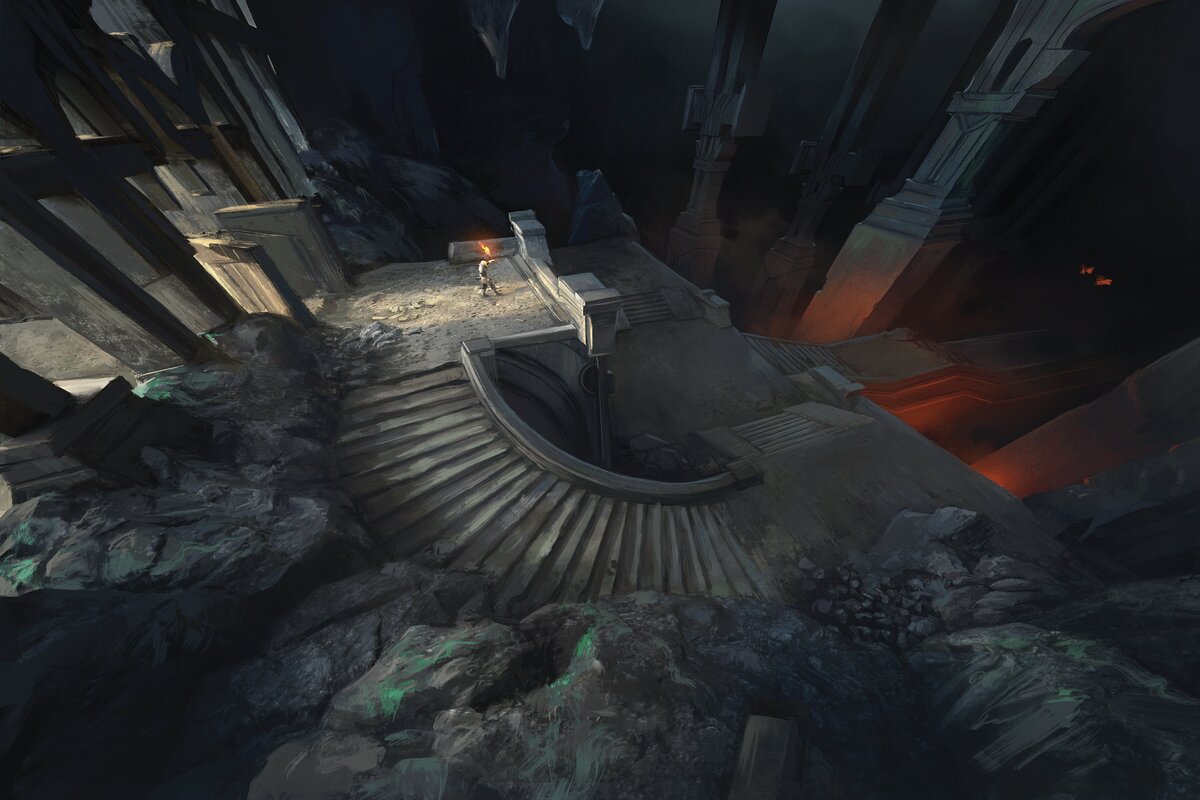
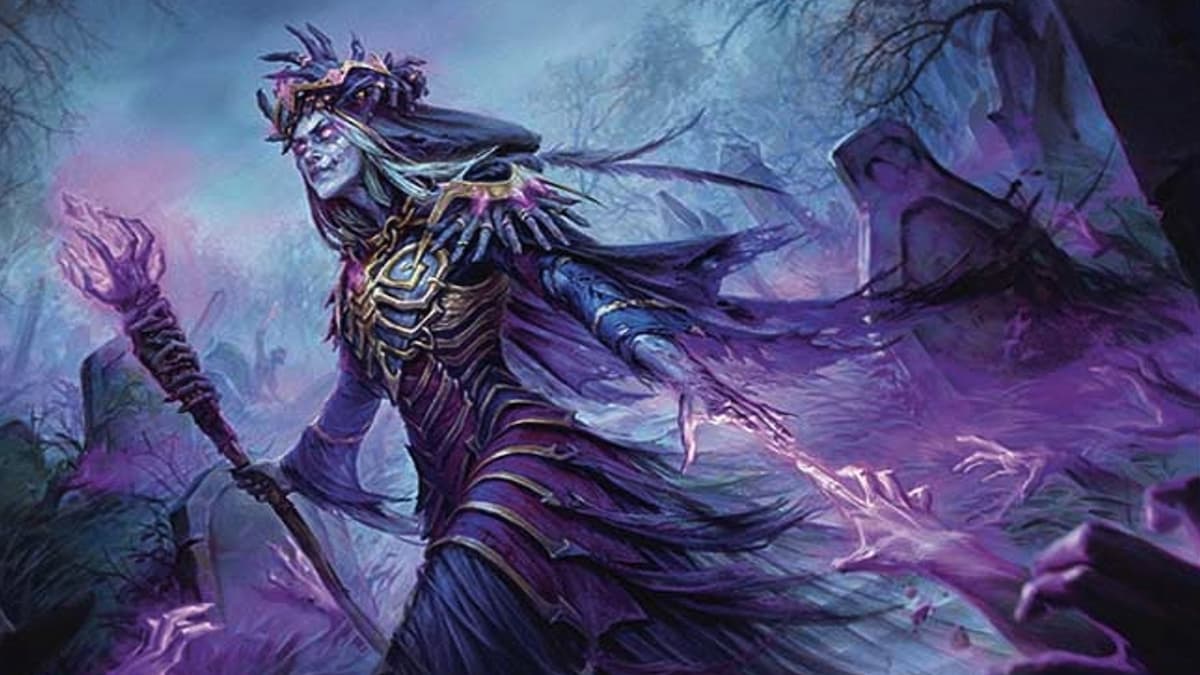
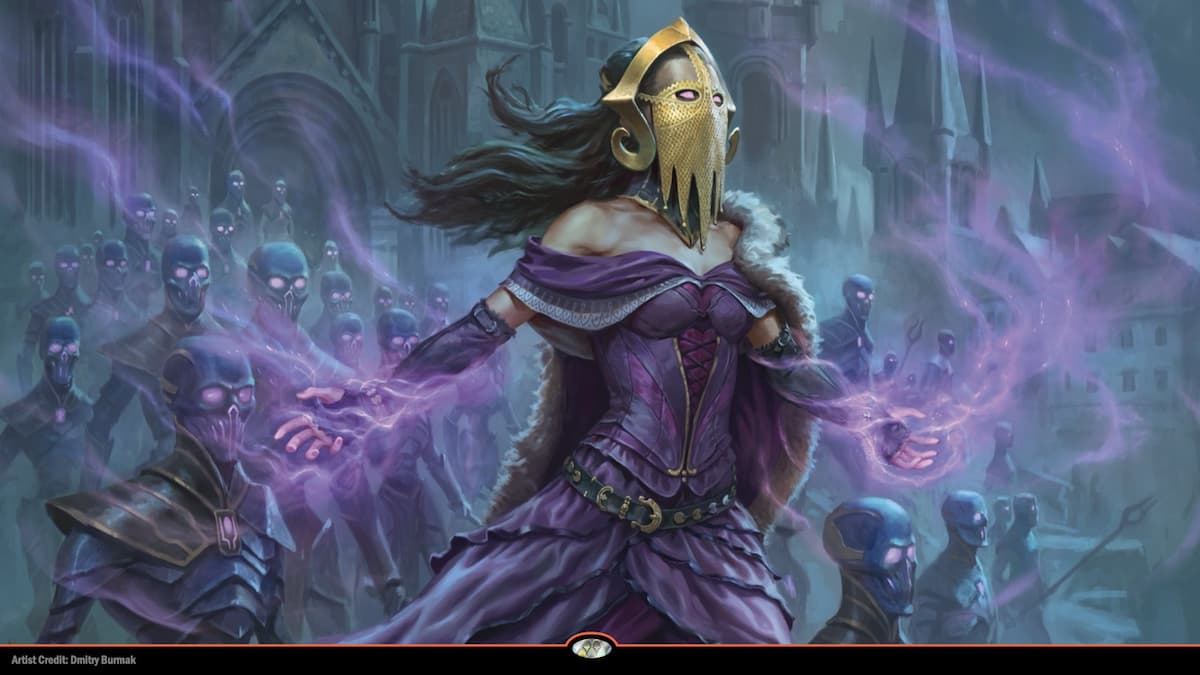
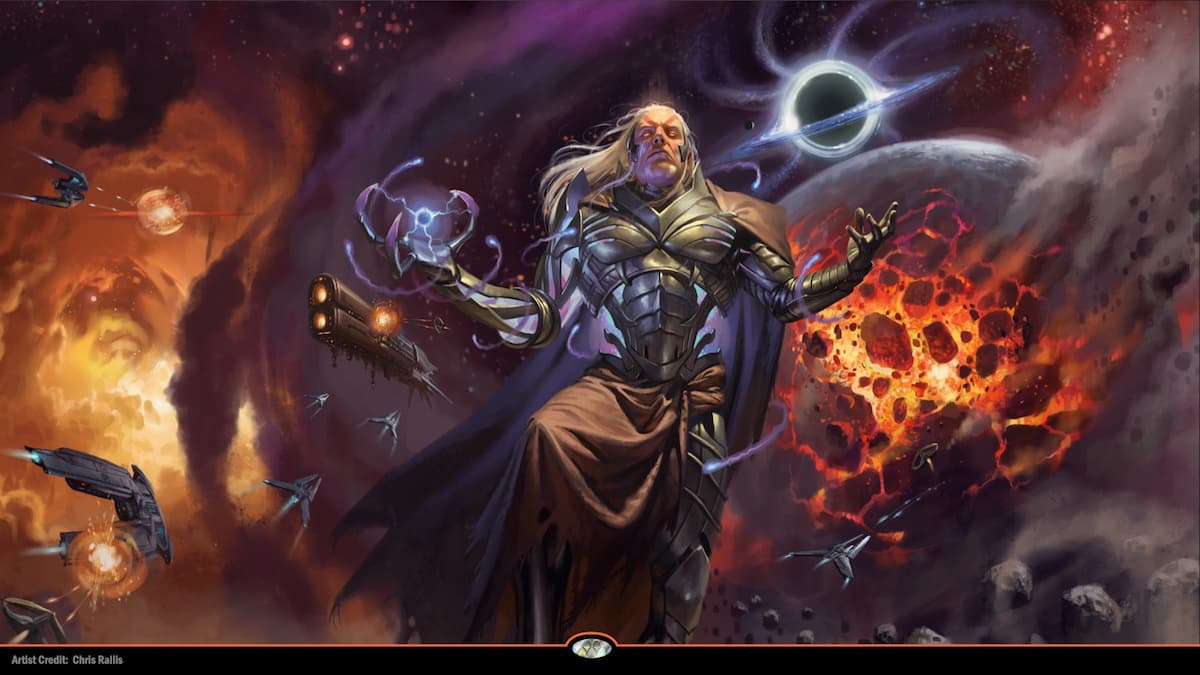

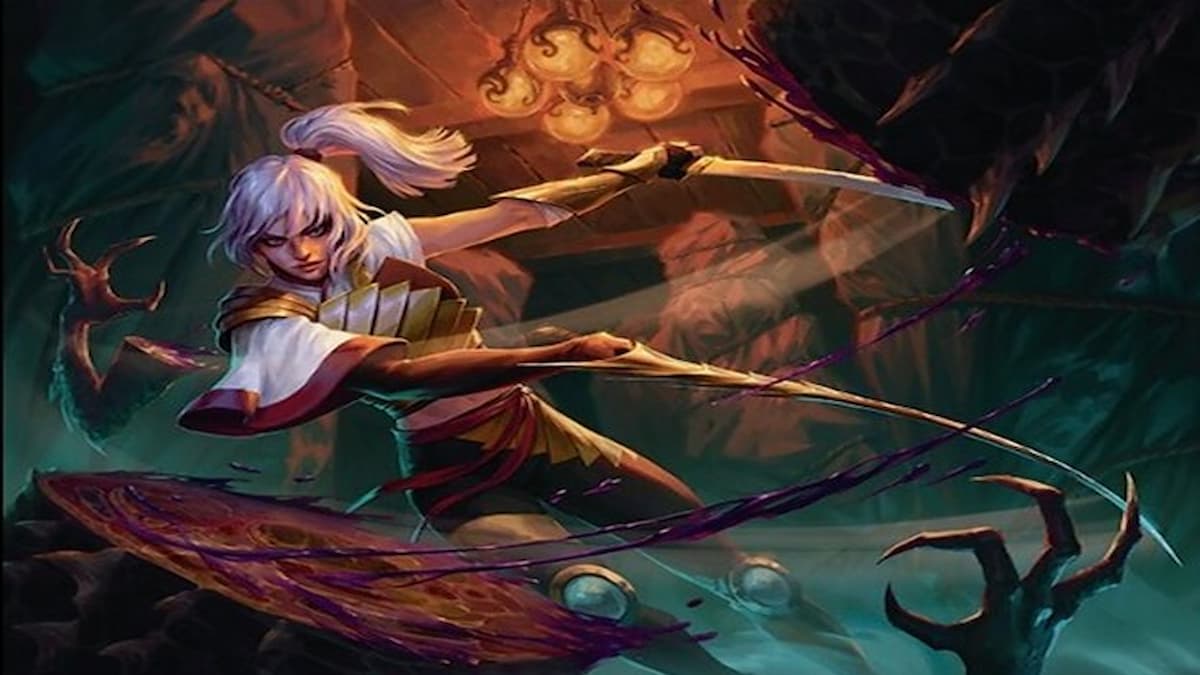
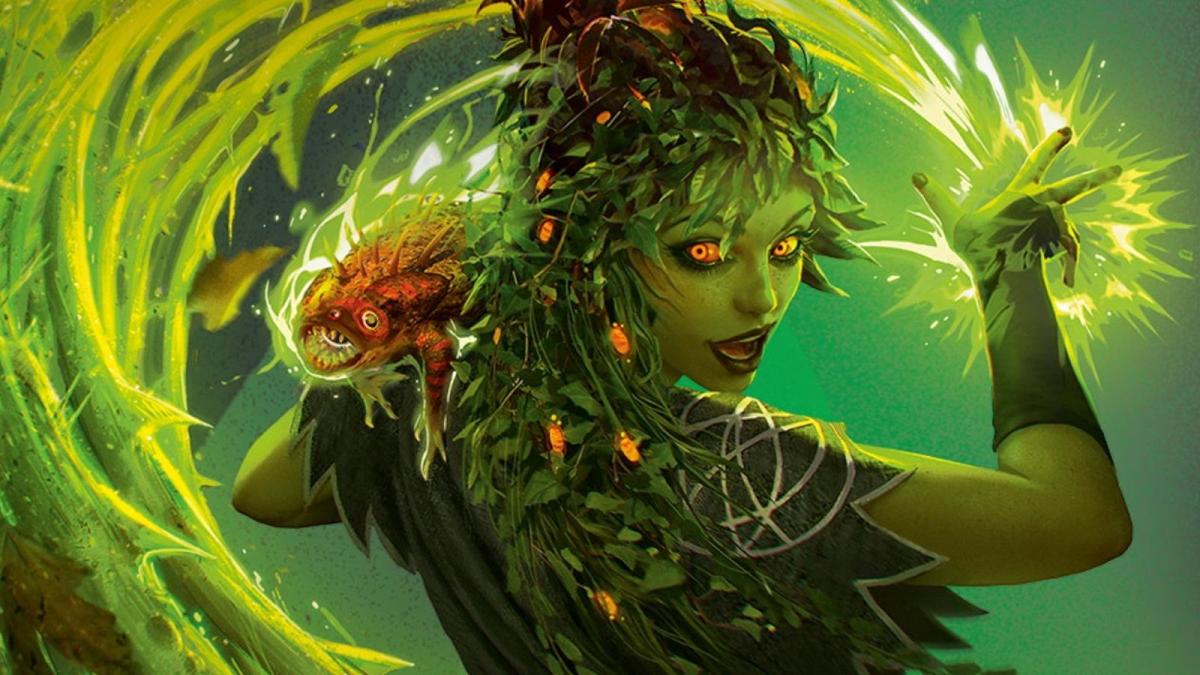
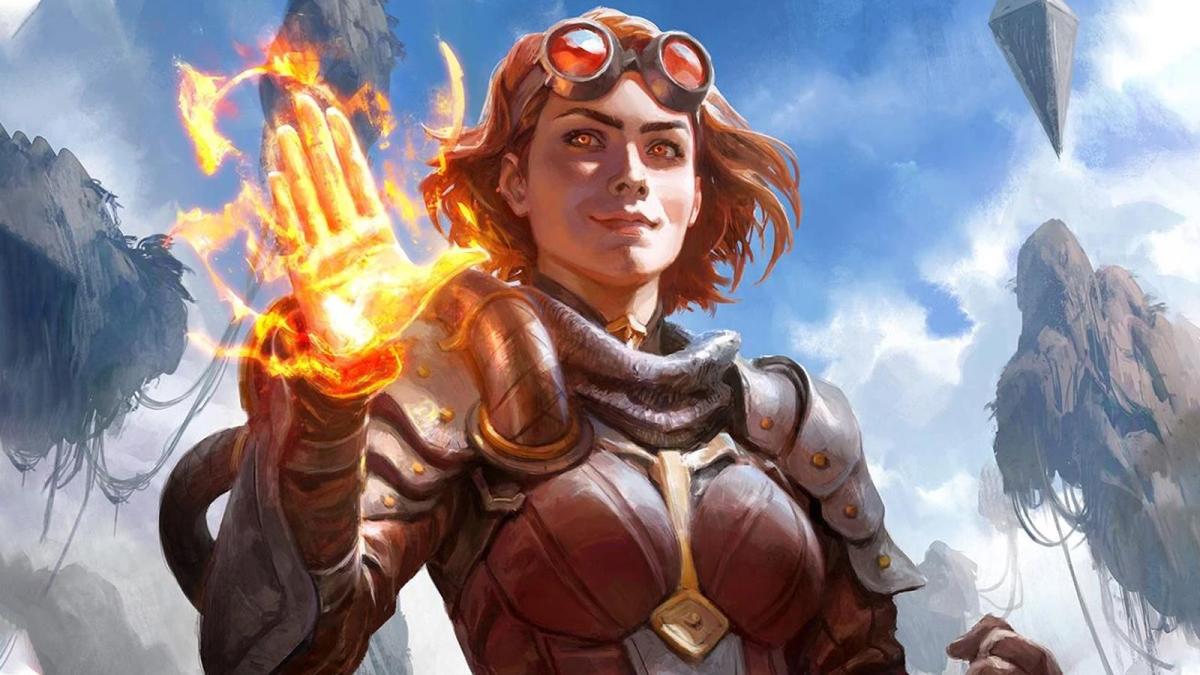
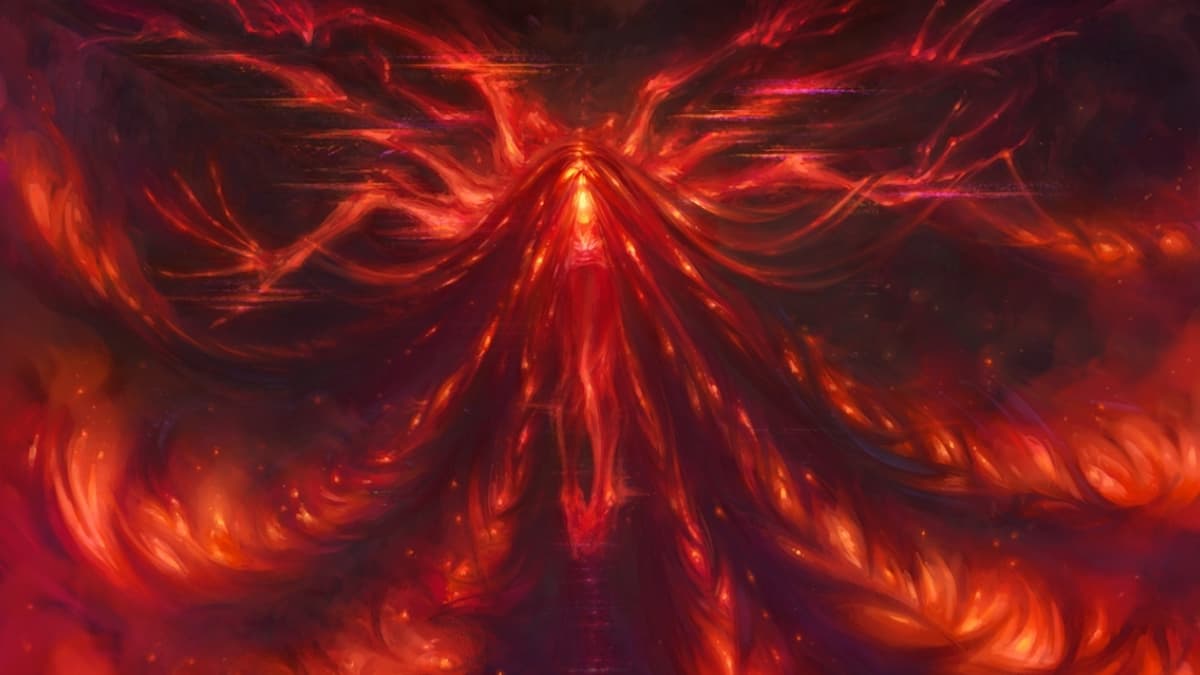
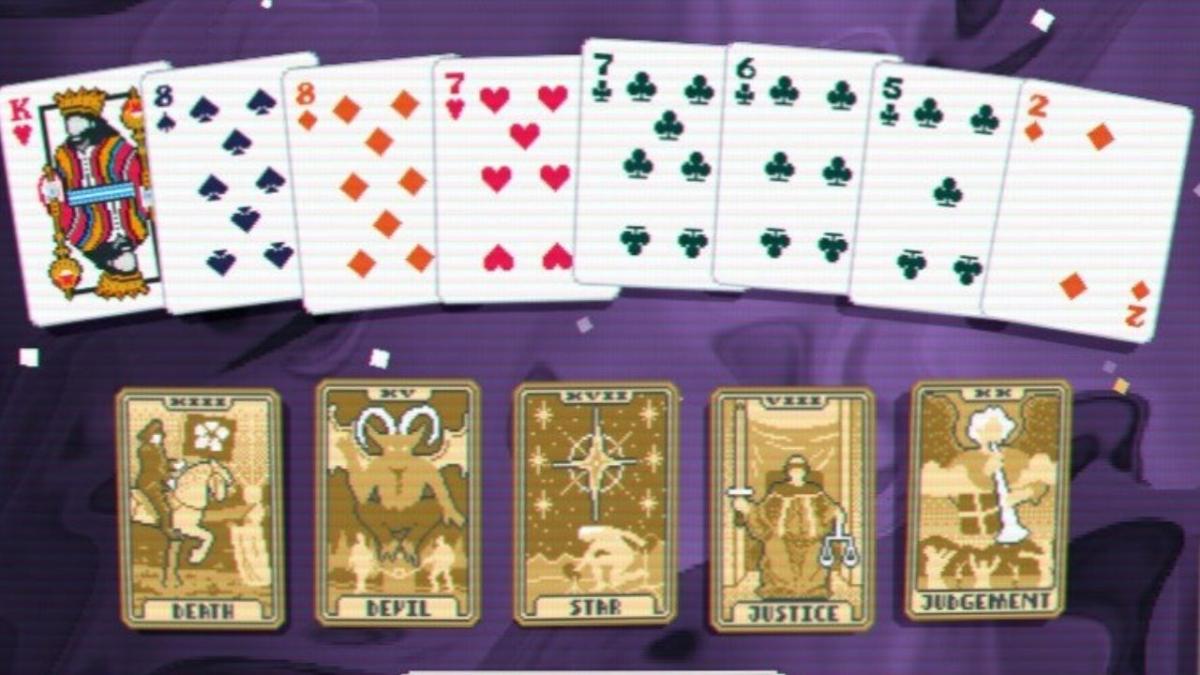

Published: Jun 25, 2021 07:48 pm